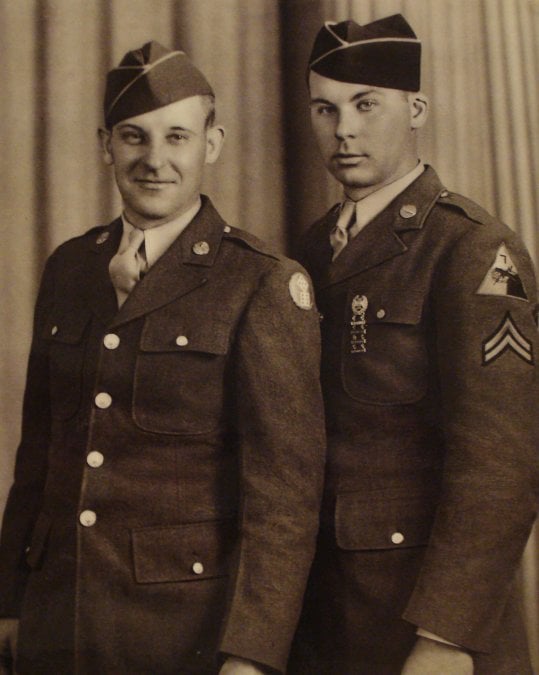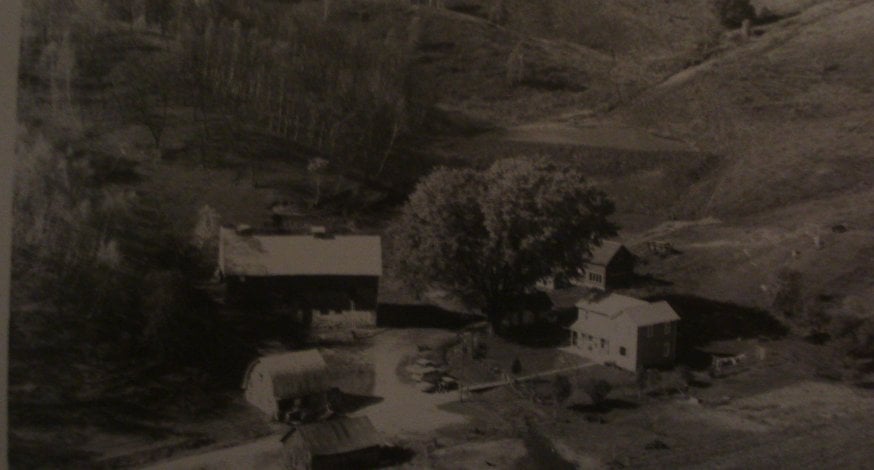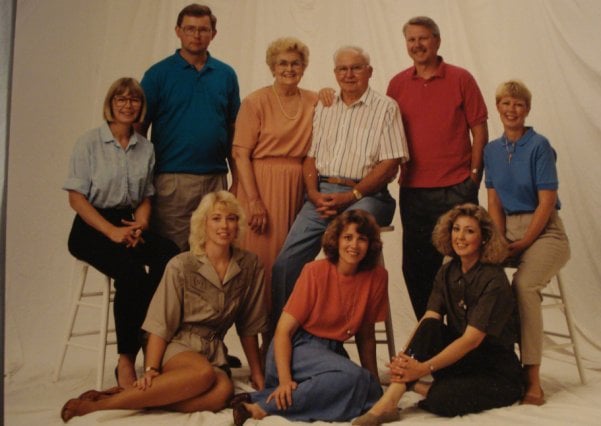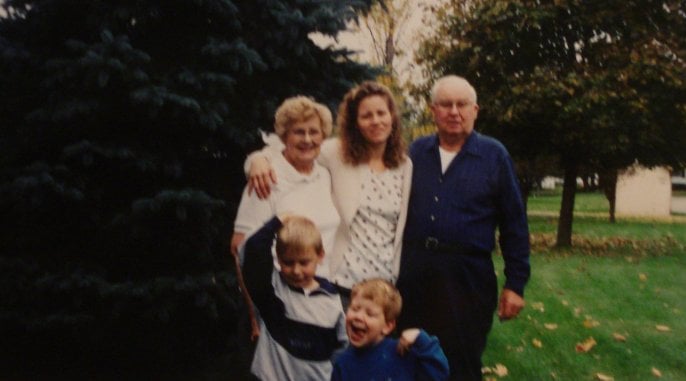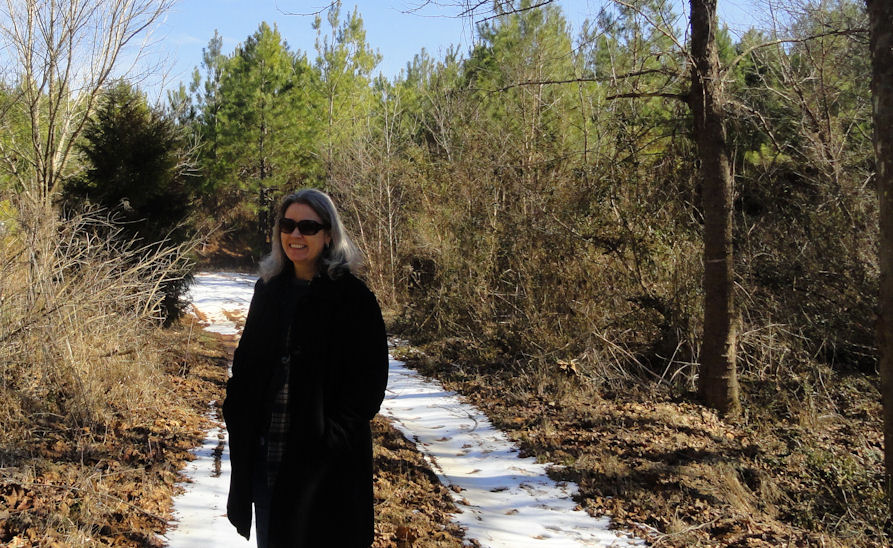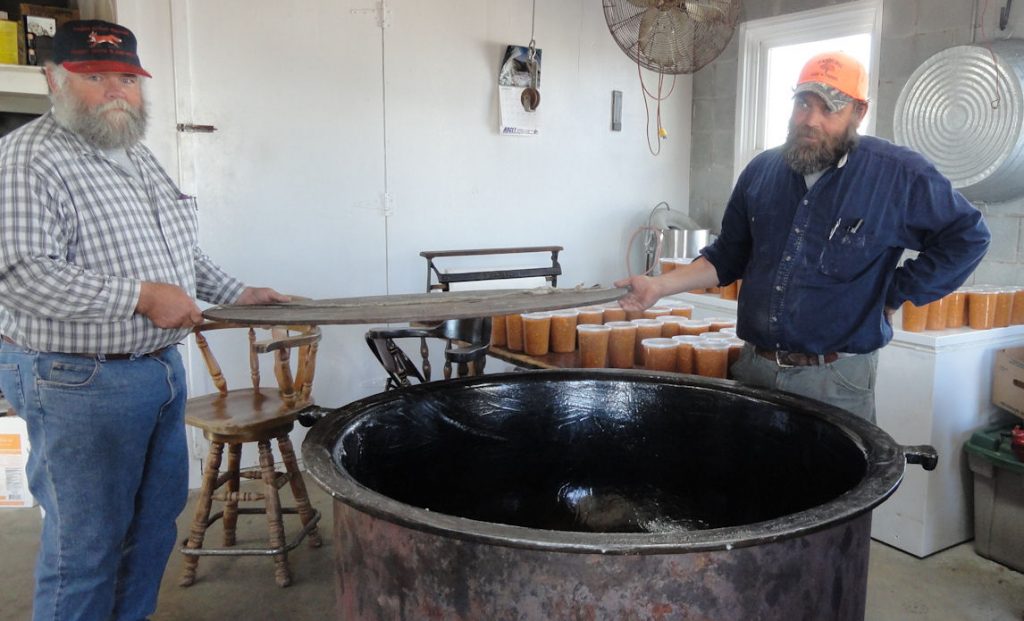I still get StoryWorth questions, even though my subscription ran out. I can no longer post to their webpage. I suppose they hope I will re-up, so they keep sending questions. It costs them almost nothing.
“What would you consider your motto?”
This one made me think a little. I have a lot of habitual sayings, but I am not sure if any are mottos. But I came up with one that I use a lot and think is good for my life & others.
“Lighten up”
Most people take things way to seriously. They inflict on themselves all sorts of needless pain and stress. They get easily offended by slights real and (more often) imagined. And their serious attitude makes it hard for them to enjoy life. They are so dull that they inspire dullness in others.
They just need to lighten up. It is a choice. I know lots of people are going to come back with all the reason why their lives suck and most of those reasons will be valid from their point of view. I would just point to the corollary to lighten up – “get over it,” and the addition to that, “nobody wants to know how you feel about everything.”
Serious people, those who always feel the weight of the world on their shoulders are narcissistic. Let me stipulate that there are some people who really have big responsibility and some times when we all do, but if you let it grind you do, if you take it personally, you are doing nobody any good.
Graveyards are full of indispensable men.
Lots of people are credited with that thought. I first heard it attributed to Charles de Gaulle. Even if he was not first to use it, he is the kind of guy who should have said it, and he was right.
This brings me to another motto, this one much more erudite, Latin no less – “sic transit gloria mundi” – so passes the glory of this world. I always thought it was a classier way of telling me to “lighten up.”
Or maybe from Casablanca, “Ilsa, I’m no good at being noble, but it doesn’t take much to see that the problems of three little people don’t amount to a hill of beans in this crazy world.” Lighten up.

